the movement
The water is rising. The fires are burning. And the unequal burdens of the crisis are worsening. We are at a tipping point in Earth's ecosystem. Cornell's current sustainability plans, while commendable, fall far short of the level of action that the climate crisis demands.
Cornell University holds vast reserves of resources, knowledge, and power.
If leveraged, these resources could transform the landscape of climate justice at Cornell from one of incrementalism and inertia, to one of transformative system transition. By foregrounding calls for climate justice put forth by by Indigenous and other climate justice communities, we could restore right relationship with the earth and one another upon these Gayogo̱hó:nǫɁ lands.
The power to steer those resources ultimately resides in the hands of students, staff, faculty, alumni, local officials, and community members.
We, the members of Cornell and the local community, call on Cornell to Declare a Climate Emergency and move to a level of action proportional to the crisis we face.
We call on Cornell to implement a tangible system of changes that will transform the University into a hub of public service focused on intensive and equitable solutions in the face of accelerating climate challenges. These actions will amplify local and regional resilience, provide exemplary leadership for other Universities, and hasten radical climate policy more broadly.
We have everything we need.
Cornell houses countless strands of climate action, research, outreach, and teaching. Local activists and governance are poised to enact transformative climate justice locally. Blueprints are in place for a bold, unified push toward rapid change.
But collective action will be needed to catalyze the transition.
And fierce persistence will be needed to see it through.
University action could be an inflection point in our society’s transition to climate resilience.
It is fully within Cornell's power to institute transformative change now.
And the time is now.
JOIN US in demanding that Cornell respond to the climate emergency and enact a new University model that is consistent with a more local and livable world.
“The climate threat remains, and it will worsen. Academia should not look away from it. We should reimagine and redesign our institutions, not only in response, but proactively. We can play a larger role in the crisis in our communities and in the world. We have a vast capacity for thoughtful, creative, and humane institutional and personal imagination.”
— Bryan Alexander in Universities on Fire, (2023), p. 185
